Hello, pet lovers! 🐹
Hamsters are among the most popular small pets, especially for families and first-time pet owners. These tiny, furry creatures are adorable, entertaining, and relatively low-maintenance—but they still require proper care, attention, and a suitable environment to thrive.
In this detailed hamster care guide, we’ll cover everything you need to know before bringing one home. From their behavior and daily care needs to costs and common health concerns, this review will help you decide if a hamster is the right pet for your lifestyle.

Overview
Hamsters are small, nocturnal rodents known for their playful nature and cheek-pouching habits. While they may seem like simple pets, they have specific needs that must be met for a happy, healthy life. Here’s a quick summary of what makes them unique:
- Handling & Temperament: Generally docile but can be skittish; some enjoy interaction while others prefer minimal handling.
- Care & Maintenance: Moderate maintenance—daily spot cleaning, weekly deep cleans, and proper diet are essential.
- Health & Durability: Prone to stress-related illnesses if not cared for properly; lifespan ranges from 2-3 years (dwarf hamsters) to 3-5 years (Syrian hamsters).
- Availability: Widely available in pet stores, but adopting from ethical breeders is recommended.
- Cost: Affordable initial setup, but ongoing costs (food, bedding, vet care) add up.
- Overall: A great pet for responsible owners who can provide proper space, enrichment, and care.
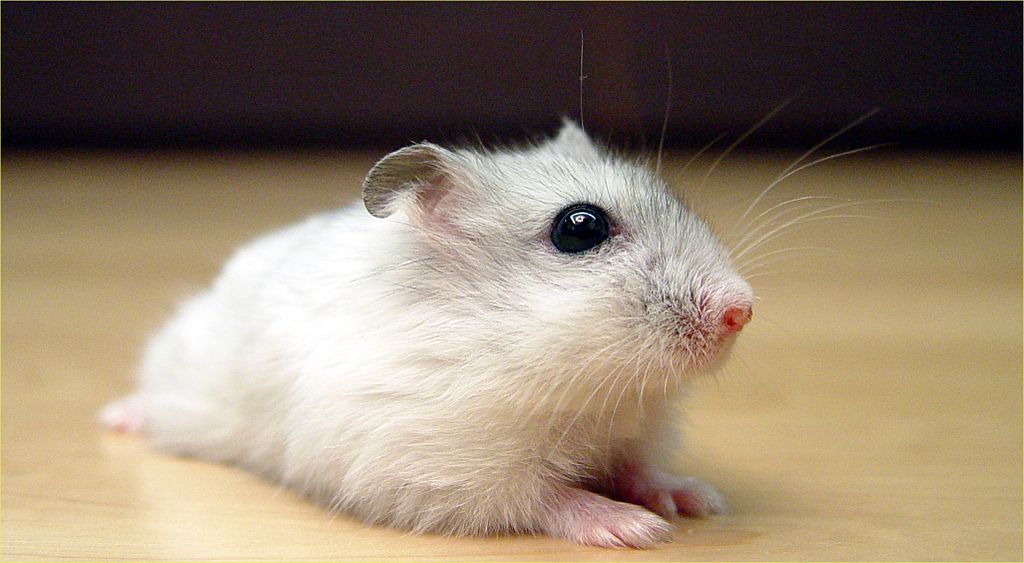
Why Choose a Hamster?
Hamsters are ideal for people who want a small, interactive pet but don’t have the space or time for larger animals like dogs or cats. They are quiet, independent, and fascinating to observe, making them perfect for:
- Apartment dwellers (they don’t need much space).
- First-time pet owners (easier than many reptiles or birds).
- Families with older children (young kids may handle them too roughly).
However, they are not “starter pets” that require zero effort. Proper care ensures they live a full, happy life.

Handling and Temperament
Hamsters have distinct personalities—some are curious and social, while others are shy and prefer solitude. Their behavior depends on:
- Species: Syrian hamsters are solitary and often more tolerant of handling, while dwarf hamsters (Roborovski, Campbell’s, Winter White) are faster and more skittish.
- Upbringing: Hand-raised hamsters are generally tamer than pet store hamsters.
- Individual Personality: Some enjoy being held, while others may nip or flee.
Handling Tips
- Start slow—let the hamster sniff your hand before picking them up.
- Scoop gently from below rather than grabbing from above (predator instinct).
- Avoid sudden movements—they startle easily.
- Never wake a sleeping hamster—they are nocturnal and need uninterrupted rest.
Biting & Stress Signs
- Nipping can happen if they feel threatened.
- Signs of stress: Excessive hiding, bar-chewing, over-grooming, or refusing food.

Care and Maintenance
Hamsters need a proper habitat, balanced diet, and mental stimulation to stay healthy.
Enclosure Setup
- Minimum Size: 800+ sq inches (e.g., 40″ x 20″)—bigger is always better.
- Type of Enclosure:
- Glass tanks (best for deep bedding).
- Bin cages (budget-friendly DIY option).
- Bar cages (must have narrow spacing to prevent escapes).
- Bedding: Paper-based or aspen shavings (avoid cedar/pine—toxic!).
- Hideouts & Tunnels: Essential for security (multi-chamber hides mimic natural burrows).
- Wheel: Solid-surface, silent spinner (8-12″ depending on species).
Diet & Feeding
- Commercial Hamster Mix: High-quality seed/pellet blends (avoid sugary mixes).
- Fresh Foods: Small amounts of veggies (carrots, broccoli) & fruits (apple, banana—rarely).
- Protein: Mealworms, boiled egg, or plain chicken (1-2x weekly).
- Water: Fresh daily in a shallow dish or bottle.
Cleaning Routine
- Spot clean daily (remove soiled bedding, uneaten food).
- Full clean weekly (replace ⅓ of bedding to preserve scent trails).
- Sand bath (for dwarf hamsters—helps with fur cleaning).
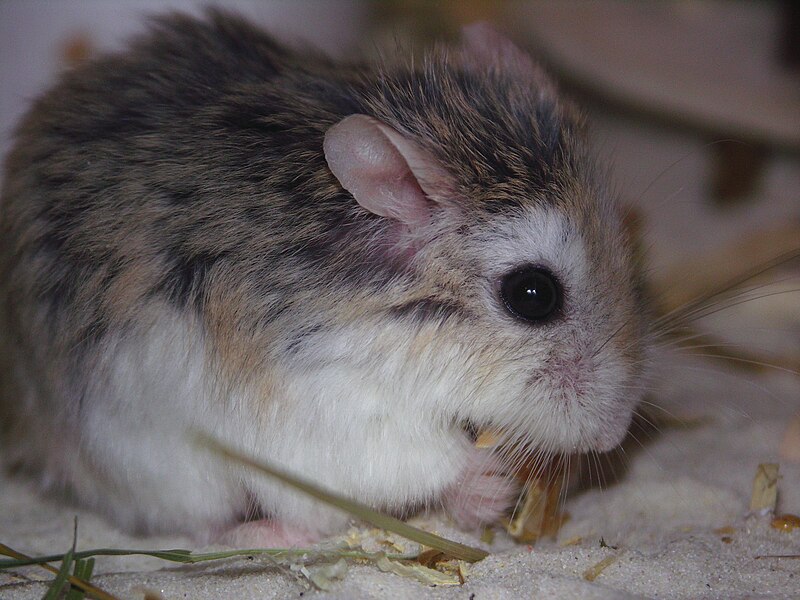
Health and Durability
Hamsters are prone to certain health issues, many of which stem from poor diet, stress, or improper housing.
Common Health Problems
- Wet Tail (diarrhea) – Fatal if untreated; requires immediate vet care.
- Respiratory Infections – Caused by dusty bedding or drafts.
- Overgrown Teeth – Provide chew toys (wooden blocks, mineral stones).
- Obesity – Avoid fatty seeds (sunflower, peanuts) in excess.
Preventative Care
- Regular weight checks (sudden loss/gain = vet visit).
- Clean, stress-free environment (loud noises = anxiety).
- Vet check-ups (exotic vets only—not all treat hamsters).

Availability and Cost
Where to Buy
- Ethical Breeders (best for healthy, well-socialized hamsters).
- Rescue Centers (adoption is a great option).
- Pet Stores (often sourced from mills; higher risk of health issues).
Cost Breakdown
- Hamster: $10-$50 (Syrians cost more than dwarfs).
- Enclosure: $50-$200 (DIY bins cheaper).
- Accessories (wheel, hides, toys): $50-$100.
- Monthly upkeep (food, bedding): $20-$40.

Pros and Cons
Pros
✔ Small & space-efficient.
✔ Quiet (great for apartments).
✔ Entertaining to watch.
✔ Low odor if cleaned regularly.
Cons
✖ Nocturnal (may disrupt sleep if kept in bedrooms).
✖ Short lifespan (2-5 years).
✖ Fragile—not ideal for young kids.
✖ Need large enclosures (despite pet store marketing).
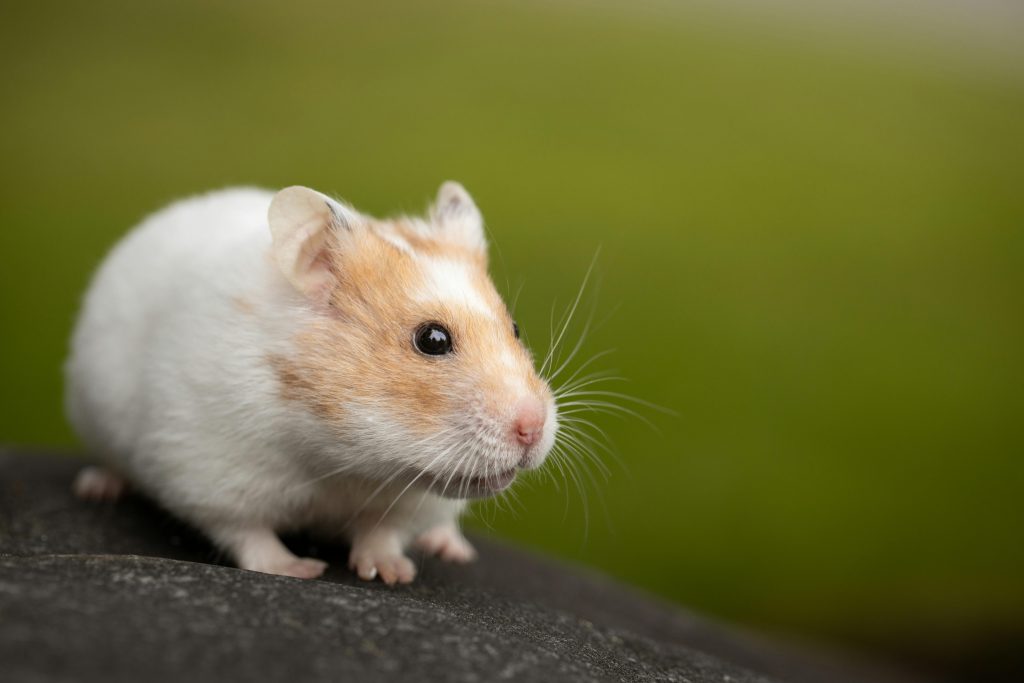
Final Thoughts
Hamsters are wonderful pets for the right owner—someone who can provide proper space, enrichment, and gentle care. While they are low-maintenance compared to dogs or cats, they still require daily attention, a balanced diet, and a safe habitat.
If you’re ready for the commitment, a hamster can be a joyful, fascinating companion. Always research thoroughly before bringing one home, and consider adoption over pet stores whenever possible.
Have experience with hamsters? Share your tips in the comments below!
For more exotic pet insights, stay tuned to our blog. 🐹




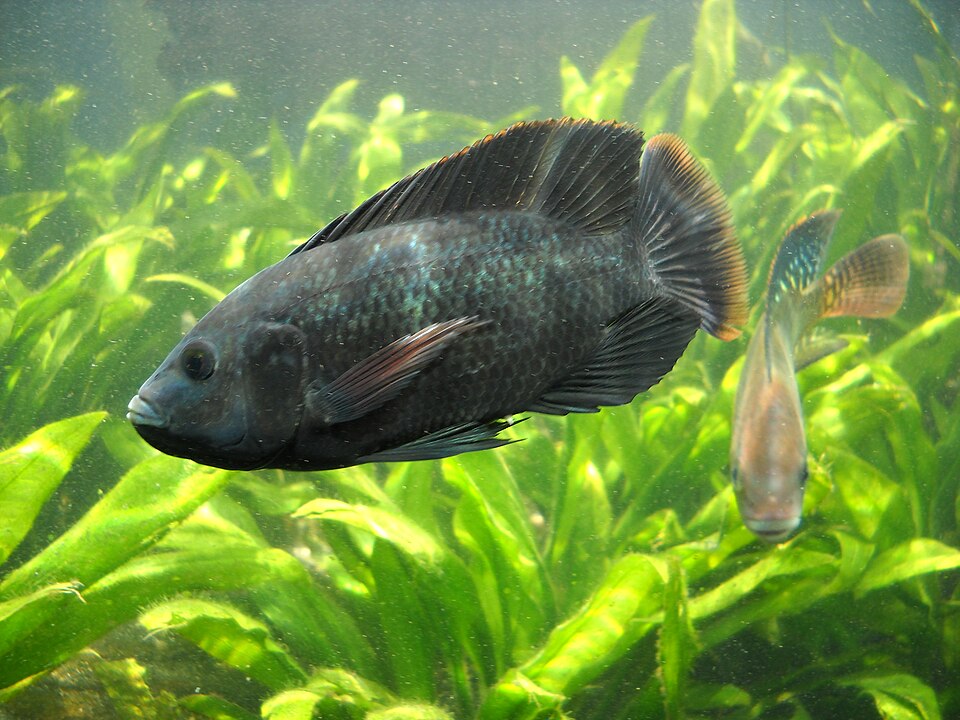
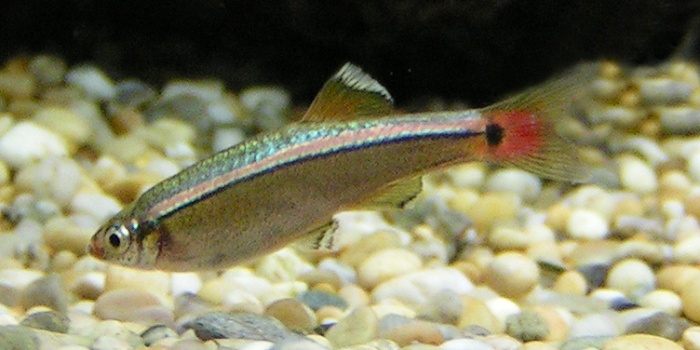
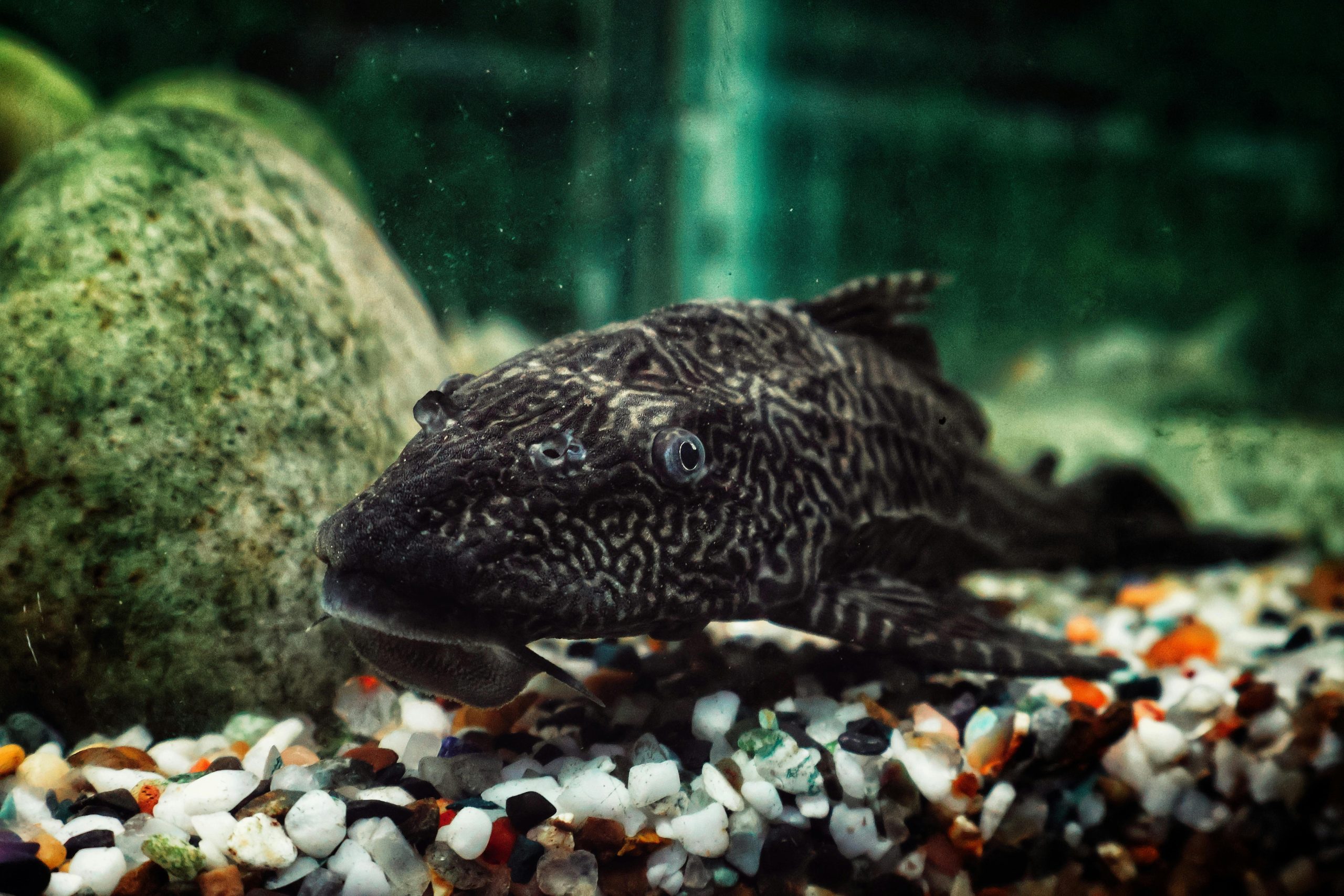
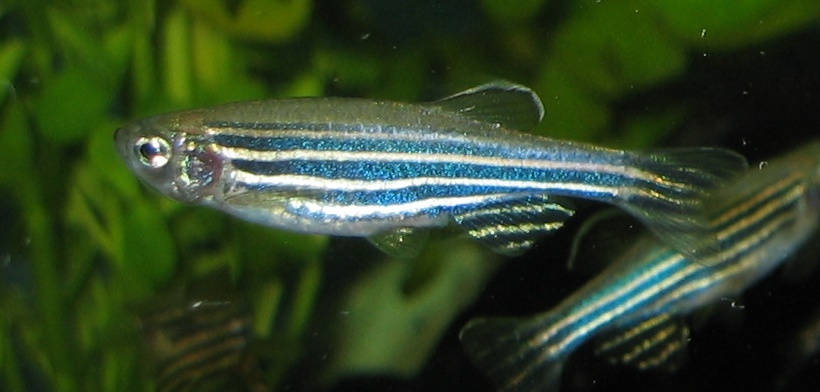
Leave a Reply